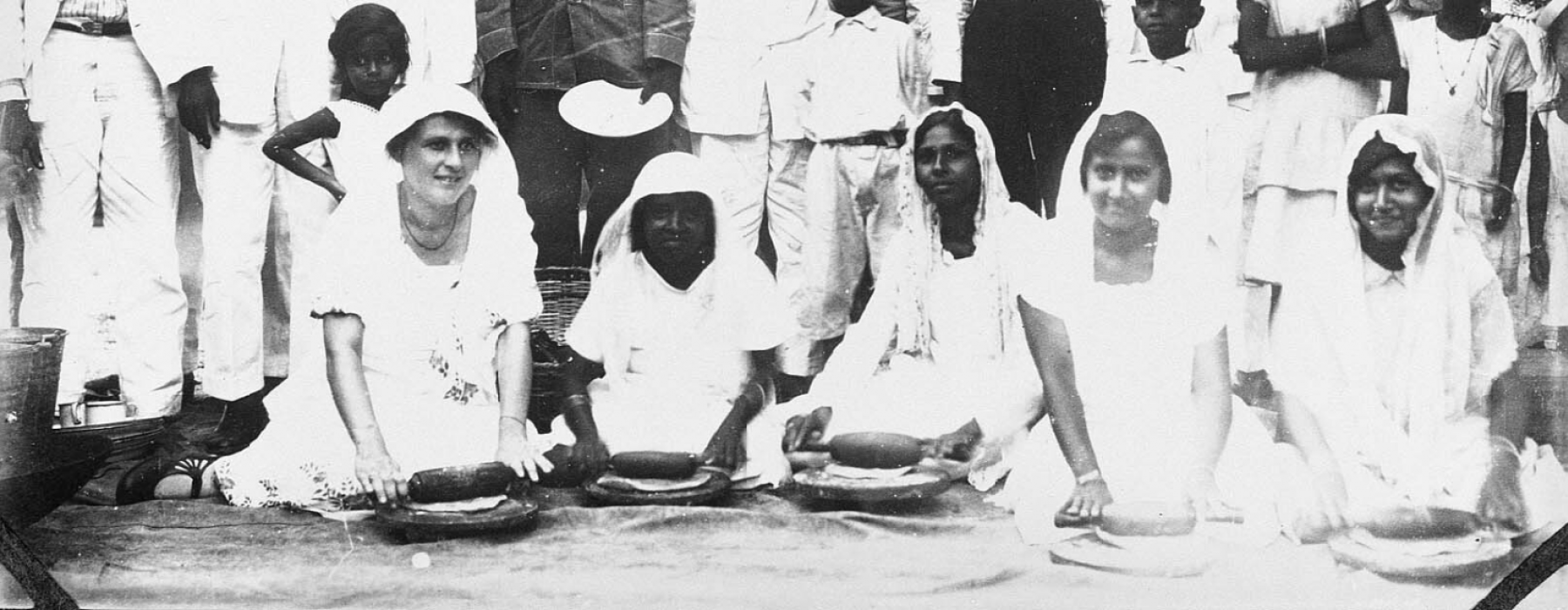
In recent months, Dutch ethnographic museums have repeatedly found themselves in the media spotlight, as both activists and the Council for Culture called public attention to the past complicity of these museums in colonial violences. The NMVW’s Hindustani collection, too, finds itself tainted by Dutch colonial legacies. Until the 1990s, museum collectors and curators primarily sought to represent cultures in their “essential” form, a desire that likely stemmed from a colonial hierarchical understanding of cultures, which presupposed Western primacy. As they limited their collecting and curatorial practices to elements that they deemed “authentic” to a culture, diasporic cultures were often left misrepresented. As such, Dutch ethnographic museums long deemed the diasporic culture of Surinamese Hindustanis neither “truly Surinamese” nor “truly South Asian.” A representational gap continues to eclipse Hindustani cultural heritage at the NMVW into the present day. Although the museum does hold a small Hindustani collection, its contents omit important aspects of Hindustani culture and its history of colonial oppression under indentureship. This project calls attention to opportunities for using the NMVW collections to forge alternative representations of Hindustani culture—and its global South Asian diasporic counterparts—by shedding light on Global South Asian connectivities, which the logic of these collections historically obscured, from the spread of (new) religious ideas to the enjoyment of Bollywood entertainment. These questions of connectivity allow us to imagine what our exhibitions could look like if they took transnational cultural networks as a starting point rather than fixed geographical classifications, and how such a representational shift may contribute to the more equitable representational futures that the NMVW is already seeking to inaugurate through its recent focus on reconciliation and self-representation.
